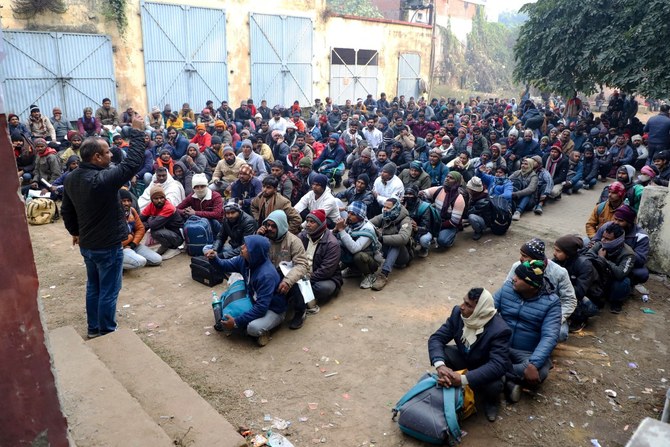
A coalition of nine unions representing hundreds of thousands of teachers, school leaders and support staff have accused the government of a “lack of understanding” about the dangers of coronavirus spreading within schools and to the wider community.
In a joint statement they called on ministers to step back from plans for a phased reopening schools in England beginning on 1 June and said classrooms of four- and five-year-olds could become sources of Covid-19 transmission.
However, the education secretary, Gavin Williamson, warned against “scaremongering” and insisted a return to school was “the most sensible action”. He said he was considering proposals to open summer schools run by volunteers to help disadvantaged children catch up on missed lessons.
School leaders have complained that they were not consulted over the return date, which they say is too soon, or the decision to bring back reception, year 1 and year 6 first.
Relations between unions and ministers have deteriorated, with some leaders calling on members not to engage with any planning for a 1 June reopening, but the latest statement stressed that unions wanted to work with the government to ensure a safe return.
“We all want schools to reopen, but that should only happen when it is safe to do so,” the statement said. “The government is showing a lack of understanding about the dangers of the spread of coronavirus within schools and outwards from schools to parents, sibling and relatives, and to the wider community.”
The statement, signed by the National Education Union, the National Association of Headteachers, NASUWT, GMB, Unison and Unite among others, also raised concerns that school staff working with young children would “uniquely” not be protected by the same two-metre social distancing rules required in other workplaces.
Guidance issued this week by the Department for Education appeared to acknowledge the challenges of imposing strict physical distancing rules on children and recommended classes of no more than 15 children and staggered school days to limit the risks of transmission.
“Fifteen children in a class, combined with their very young age, means that classrooms of four- and five-year olds could become sources of Covid-19 transmission and spread,” the union statement said. “While we know that children generally have mild symptoms, we do not know enough about whether they can transmit the disease to adults. We do not think that the government should be posing this level of risk to our society.”
Williamson attended the House of Commons to respond to an urgent question tabled by the Liberal Democrats’ education spokeswoman, Layla Moran, and he defended the government’s course of action.
Moran asked: “Given we still don’t know about transmissibility between children, can the secretary of state reassure us that these decisions are solely based on public health? To what extent has getting parents back to work been the main driver?”
Williamson responded: “We continue to follow the best medical and scientific advice and believe that this phased return is the most sensible course of action to take. I know that this will be challenging, but I know that nursery, school and college staff will do everything in their power to start welcoming back to continue their education.”
He said the government would make its scientific advice available, though he did not specify when, and he insisted the government’s focus was on children’s education. “We all know the best place for children to be educated and to learn is in school, and it has always been my intention to get more of them back there as soon as the scientific advice allows.”
Williamson said he was “very closely looking” at a suggestion from Robert Halfon, the Conservative MP who chairs the Commons education committee, of summer schools for children left behind during recent weeks.
Halfon suggested these could be staffed by “volunteers, graduates, an army of retired teachers”. Williamson replied: “We’re very much looking at how we can mobilise that.”
Rebecca Long-Bailey, the shadow education secretary, called on Williamson to change the emphasis of the Department for Education’s guidance so that instead of expecting schools to open, it would, “ask schools to meet certain conditions that, when met, would signal it was time to open”.
Schools in the UK have been closed since mid-March to all but the children of critical workers and those classed as vulnerable. Only a small number of those pupils have been attending, with the bulk of learning taking place at home and online. Reopening is considered necessary to allow parents to return to work and restart the economy.












